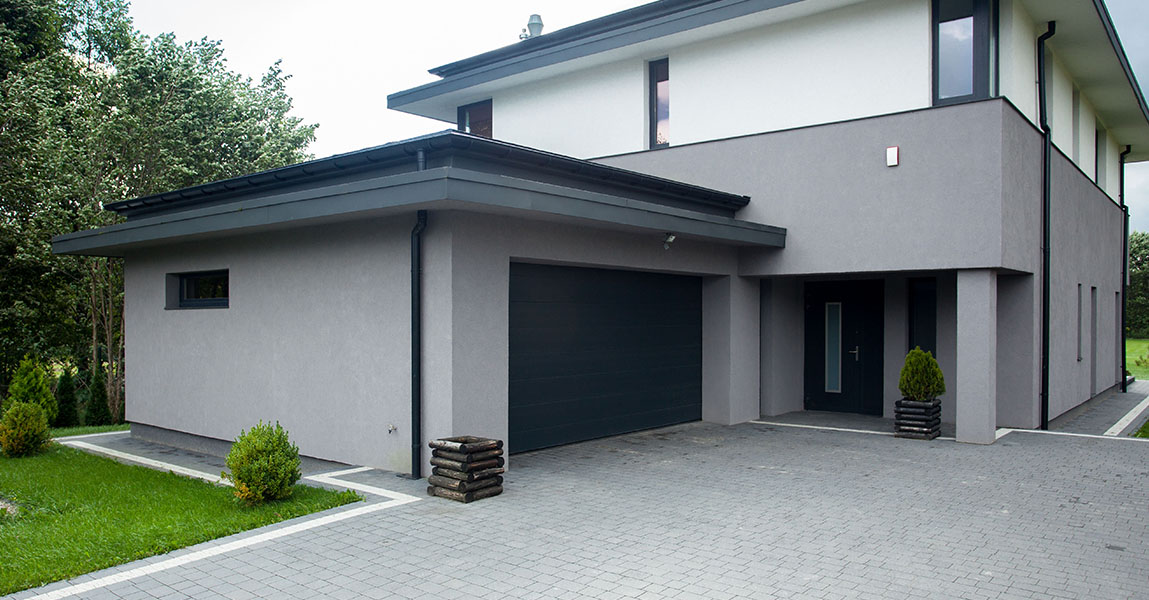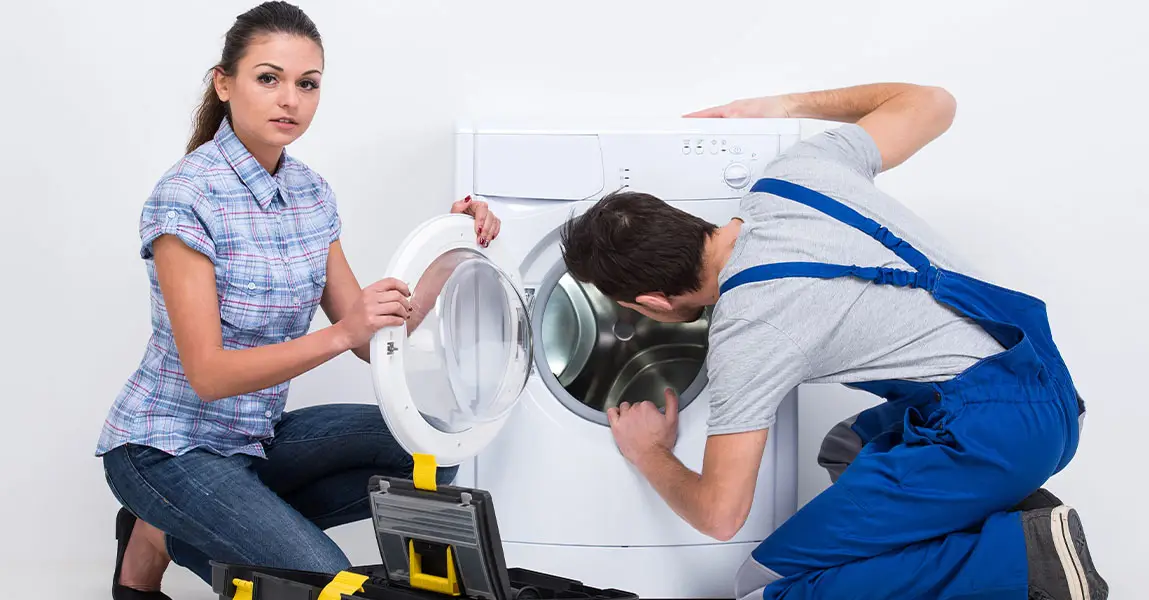As pets age, their needs change in subtle but important ways. For senior pets, the vet clinic can become a stressful place filled with unfamiliar smells, loud noises, and other animals that trigger anxiety. That is why many pet owners are turning to in-home veterinary care for a more comfortable and personalized option.
In-home care provides a calm environment, eliminates the need for transport, and allows the vet to see the pet’s behavior in its natural setting. In other words, it shifts the focus from clinical routines to compassionate, tailored support that honors your pet’s stage of life. Below, we explore several reasons why in-home care is a valuable choice for aging pets and the people who love them.
Reduced Stress and Anxiety for Pets
Veterinary clinics can be overwhelming for senior animals. Loud barking, slippery floors, and long waits create unnecessary tension. For pets with cognitive decline or arthritis, just getting into the car can be a challenge.
That is to say, travel and unfamiliar spaces may trigger confusion or fear in older pets. With in-home care, pets remain in their own environment, surrounded by familiar sounds and smells. This allows the veterinarian to perform exams while the pet is calm and comfortable. As a result, medical evaluations are often more accurate because the animal is not in distress.
Comfort and Convenience for Pet Owners
It is not just the pets who benefit from home visits. Older pets often have multiple health issues that require frequent checkups or monitoring. Scheduling and transportation can become a burden, especially for owners with mobility challenges or busy households.
In addition, in-home appointments can be tailored to your daily routine. You avoid long drives, crowded waiting rooms, and time-consuming logistics. This makes it easier to stick to a regular health schedule. When needed, you can get in touch with a veterinary professional who understands your pet’s condition and can respond with care in your own space.
Better Observation in a Familiar Setting
Senior pets sometimes hide signs of illness when they are in an unfamiliar place. However, when they are at home, they behave more naturally. This is especially useful when dealing with chronic pain, arthritis, or mobility issues that may only show up during everyday activities.
A vet can observe how the pet moves around the house, interacts with family members, or navigates stairs and furniture. These real-world observations are extremely helpful in creating a care plan that is grounded in how the pet actually lives. Therefore, in-home care allows for a more practical and personalized approach to senior health.
Easier End-of-Life Decisions
Discussing end-of-life care is one of the hardest parts of owning a pet. However, it is also a time when comfort, peace, and compassion matter more than ever. In-home veterinary care supports both pets and owners during this deeply emotional process.
Rather than facing a sterile clinic, pets can spend their final moments in the place they feel safest. Most importantly, owners can say goodbye in a private, peaceful setting. For many families, this creates a more humane and respectful way to handle one of life’s hardest goodbyes. It offers closure without added trauma.
Ongoing Monitoring and Adjustments
Senior pets often have chronic issues that require small adjustments over time. This includes medication changes, diet shifts, or new mobility aids. In a clinic setting, these adjustments are based on brief observations. In contrast, home visits allow for regular updates based on how the pet is functioning day-to-day.
Likewise, the vet can suggest simple home changes to improve quality of life. For example, a rug might be added to help with traction, or furniture might be moved to prevent strain. These small changes make a big difference. When you work with a provider of Mobile Veterinary in Calgary, you receive guidance based on the real needs and layout of your home.
Reduced Risk of Exposure to Illness
Aging pets have weaker immune systems. Therefore, they are more vulnerable to catching illnesses from other animals. Clinics, by nature, bring together pets with a wide range of health issues, some of which may be contagious.
Home visits reduce this risk. Since your pet remains in its own space, it is not exposed to respiratory infections, viruses, or other animals in distress. In short, in-home care minimizes unnecessary risks while still delivering essential medical attention.
Personalized Time and Attention
In a clinic, appointments are often rushed. Vets may need to move quickly to stay on schedule, which means less time for discussion or holistic care. In-home services offer a more relaxed pace. This gives you time to ask questions, explore options, and receive thorough explanations.
Most importantly, your pet gets the full attention of the vet without the distractions of a busy practice. The focus is entirely on your pet’s well-being. That makes in-home care a great choice for senior pets whose care plans may be more complex or evolving.
Improved Understanding of Home Environment
Many health issues in senior pets are tied to how they live day to day. For example, a cat may have trouble reaching the litter box, or a dog may struggle with slippery stairs. During a home visit, a vet can see these challenges first-hand and recommend practical solutions.
To clarify, it is not just about medical advice. It is about adapting the environment to support aging pets in a way that maintains dignity and independence. Whether it’s a change in feeding station height or a suggestion to add orthopedic bedding, these tailored tips make everyday life easier.
Ideal for Pets with Mobility Limitations
Senior pets often experience reduced mobility. Joint pain, stiffness, or past injuries may make it hard to walk, climb, or even sit comfortably during a clinic exam. Transporting them can lead to increased pain or stress.
With in-home care, the vet comes to the pet. This eliminates the need for lifting or coaxing them into a vehicle. In turn, the entire experience becomes more compassionate. Owners can simply prepare a quiet room or their pet’s favorite blanket, and the exam proceeds at the pet’s pace.
Emotional Support for the Whole Family
Pets are family. That is especially true for seniors who have been with us for many years. When a pet is unwell, the emotional toll on the household is significant. In-home visits offer emotional support for everyone involved, not just the pet.
Children, elderly family members, or anyone deeply bonded with the animal can be present during visits. This creates a shared experience where care decisions are made with understanding and respect. Furthermore, it gives everyone a chance to contribute to the pet’s comfort and well-being.
Flexibility During Recovery or Rehabilitation
If your senior pet is recovering from surgery or managing a long-term condition, continuity matters. Having regular home visits ensures that the vet can track recovery closely. Adjustments to treatment can be made in real time, based on how the pet is healing at home.
Moreover, follow-up visits are easier to schedule and less disruptive. The vet already understands the home setting and the pet’s personality. This makes each visit more productive and less stressful for everyone involved.
Ideal for Multi-Pet Households
If you have more than one senior pet, coordinating vet trips can be exhausting. One might be diabetic, another may have heart issues, and a third might be partially blind. Managing multiple appointments at different times and locations is not just inconvenient—it can lead to missed care.
In-home visits allow the vet to check all pets in one trip. Consequently, you get a full picture of your pets’ collective health. You can also manage medications, food plans, and mobility support with unified guidance. It brings simplicity to what is often a complex task.
FAQs
What types of conditions can be treated during an in-home visit?
Many common senior pet issues like arthritis, skin conditions, cognitive decline, and digestive issues can be managed at home. Vets can also perform wellness exams, blood draws, and administer most medications.
Is in-home care more expensive than going to a clinic?
It depends on the service. While there may be a travel fee, the overall cost is often balanced out by the value of personalized care and reduced stress for your pet.
How do I prepare my home for a vet visit?
Choose a quiet room with minimal distractions. Clear space for the exam, have your pet’s medical records handy, and provide good lighting if possible.
Can in-home vets help with end-of-life care?
Yes, many offer palliative and hospice services, including compassionate euthanasia in the comfort of your home. This can make the process more peaceful for both you and your pet.
What should I look for when choosing a mobile vet?
Experience with senior pets is essential. Look for someone who takes time to explain options, answers questions patiently, and prioritizes your pet’s comfort and dignity.









